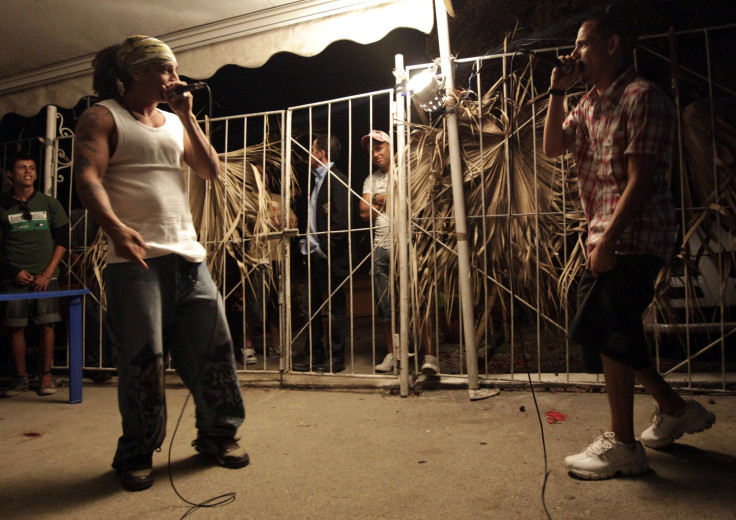US Tried To Infiltrate Cuba's Hip-Hop Scene; Covert USAID Operation Backfired

The United States secretly infiltrated Cuba’s underground hip-hop movement in an attempt to recruit rappers to help spark a youth movement against the Cuban government. The claim comes from a newly released report by the Associated Press, which obtained documents that show that the U.S. Agency for International Development used unwitting Cuban musicians in an attempt to unseat Cuba’s communist government.
The unsuccessful program needlessly jeopardized young Cubans, many of whom likely had no knowledge of their involvement in a covert U.S. operation, according to the AP. Cuban authorities confiscated computer hardware that contained information that put Cuban targets of the program at risk. Despite this, USAID and its contractors proceeded with the project.
USAID’s attempts were not only unsuccessful but may have actually backfired on the effort to promote more critical currents in Cuban society. Cuba’s vibrant hip-hop culture has produced some of the most powerful criticism of the government since the rise of Fidel Castro in 1959, according to the AP. This criticism has been possible because of the innovative lyrical techniques Cuban rappers have employed to get their message past the censors, according to the New York Times.
Many of the artists promoted by the USAID program eventually stopped performing or left Cuba after attracting the notice of the government. Additionally, one of the country’s most popular independent music festivals was taken over by the government after it was linked to the program by Cuban officials.
This is not the first time USAID has been caught attempting to unseat the Cuban government by influencing unwitting targets. In April, the AP revealed that USAID was behind the creation of a Cuban version of Twitter, ZunZuneo, to stir political dissent. A second AP investigation in August uncovered the agency’s attempt to use young Latin Americans to provoke change by using health programs as cover. Both attempts were met with anger by Cuban authorities, who accused the U.S. of fomenting “hostile and meddling plans” against the country, according to Reuters.
© Copyright IBTimes 2024. All rights reserved.






















